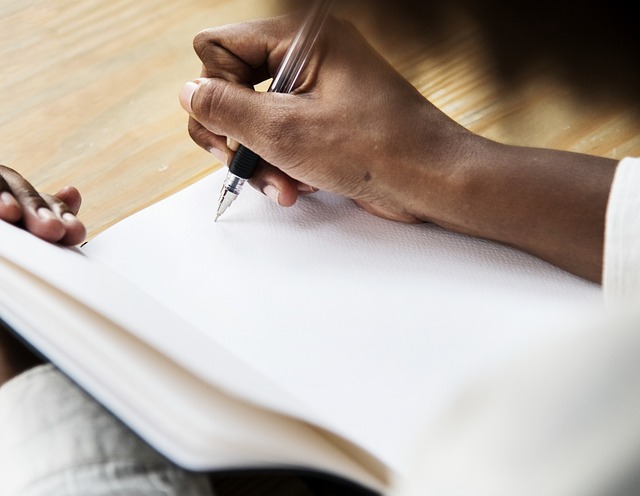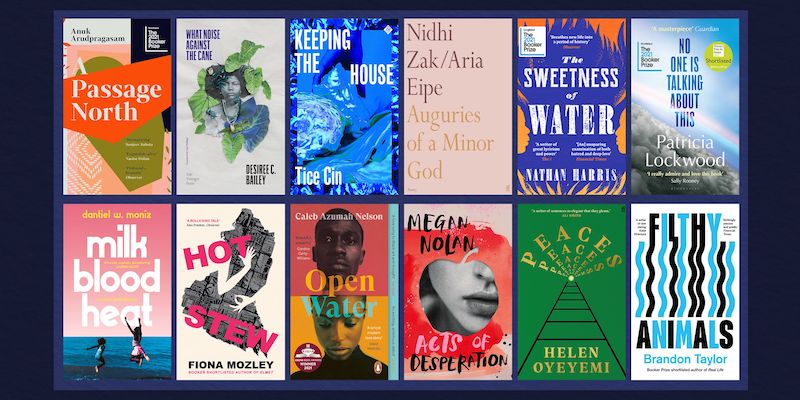The Power of Poetry: Exploring African Verses
By Saheed Sunday
Literature has had different definitions with regard to changes in contextual scenarios. For instance, one of the various definitions of literature has been tendrilled towards being a body of works written on a particular subject – definitive of fields, concepts, theories, etc. Another definition springs up from the source of literature being the production of those bodies of written work; another, from the source of literature being the production of literary work. However, for this article, Literature is better defined from an associative perspective, an underlying viewpoint. Thus, Literature herein is the mirror of life. Hence, there is a semantic revolution of the fact that there is the existence of life, which in itself is independent, and Literature only seeks to reflect (mirror) that life. The causative resolution therefore is that every community –which represents the larger life—has its literature. And since the integral function of Literature to represent life has been highlighted, it is only right to expound on the fact that this representation surfaces in three genres: poetry, prose, and drama. This article, however, is going to investigate Literature through the African community by exploring the power of poetry from the verses of the aforementioned milieu.
To start with, history has established the ground that Africa’s relationship with literature was mostly oral, and written literature came upon the continent very later. So, it should not entirely stun to conclude that African poetry too was first and foremost oral before anything else. The African tradition as a whole has the tendency to be vibrant, loud, visible, and significant. Take a look at the drums and their heavy beats; their masquerades and their definitive dances, their clothes and their sound colours, their funeral rites, their ritual worship, and their rites of passage. Thus, it is only right that their literature takes up these same characteristics –especially their poetry. However, with the emergence of Westernization, Africans transitioned from oral poetry to written poetry. But the interesting part is how African pioneer poets managed to blend the artistic value in what is originally theirs and what is not, to produce fine poetry. What I mean is, although the pioneer African poets made use of the European language to portray their state of being, they still held on to the aesthetics of their oral tradition such that the African life, values, and customs are represented through their poems.

Moving on, African poets have, through poetry, represented themselves in the world. In a universe where there is a fixed stereotype that defines who you are and who you are not, African writers have sought poetry to correct these bad impressions of themselves in the world, and have aimed to rewrite their own stories themselves. For instance, when Professor Wole Soyinka the first Nobel Laureate in Africa wrote Abiku, the author of this essay sees it functioning as a double-entendre. The rationale behind this is that first, Soyinka gets to launch one of the many African beliefs (Yoruba, specifically) into the world; second, he gets to foreground the interconnectedness in the relationship between Abiku and the continent itself. That is, there is the fact that no matter what stigma Africa faces in its representation of the world, it keeps on coming back strong. This is indicative of the power of poetry. This is indicative of the nature of an African poet to typify his/her beliefs, customs, and even superstitions.
Furthermore, in one of Dennis Brutus’ poems titled By the Waters of Babylon, the African poet expounds on the dire situation his fellow South Africans have been tied to. The way he uses dialogic expressions in the poem is typical of the African oral tradition. The beauty is mostly surmised in how he links history with the present, to expose his readers to the precarious aftermath of apartheid. However, the power of his poem is an overall expression of the reality of a typical African. That is, an average African is one who is trapped in his own home, and hopeless. So to speak, it is therefore safe to conclude that African poets, apart from exposing African beliefs to the world, also foreground their hazardous reality.
In a final ruling, the power of African poetry has been examined through the exploration of African verses including Dennis Brutus’ and Wole Soyinka’s. Throughout the essay, the history of literature in Africa, its orality, and the causative effect of it on the poets’ writings have been discussed. It is therefore safe to conclude that the power of African poetry lies in its ability to present the beliefs, customs, superstitions, and even the reality of an African.





